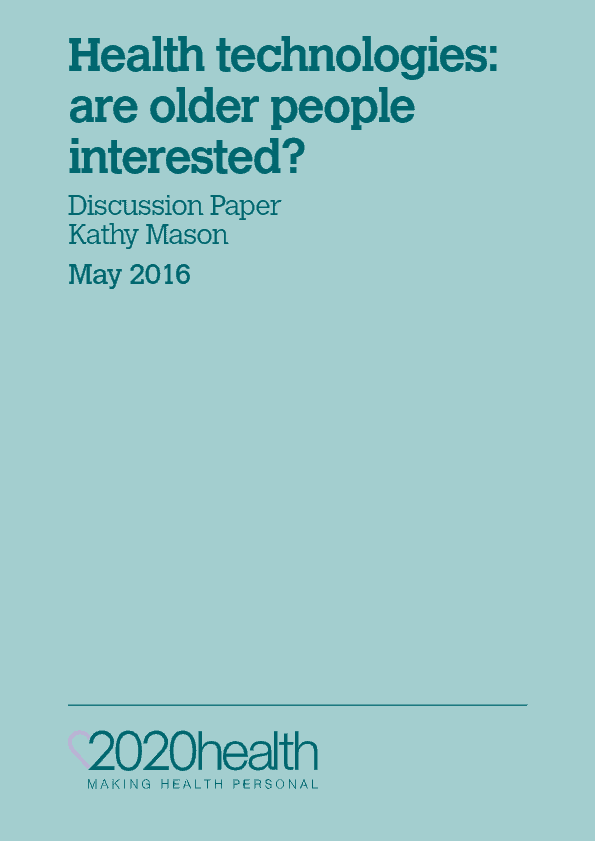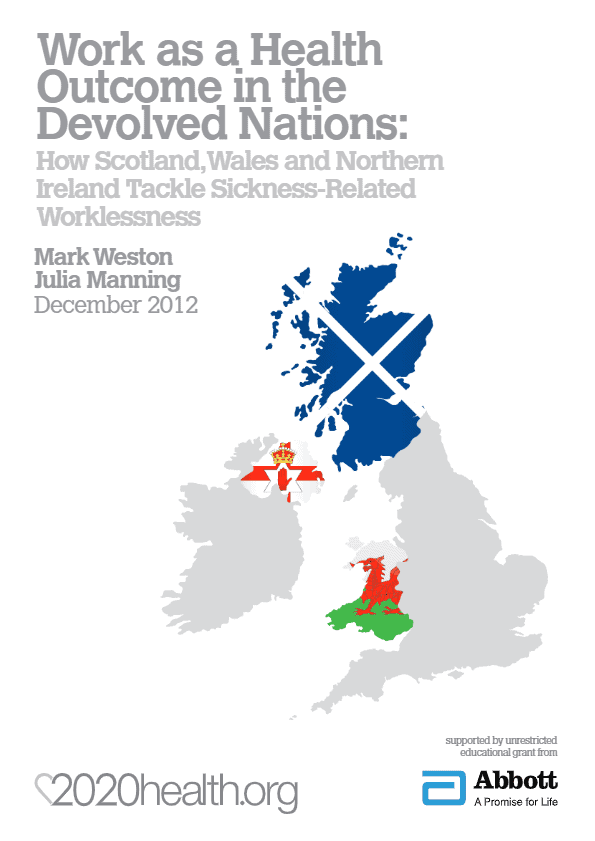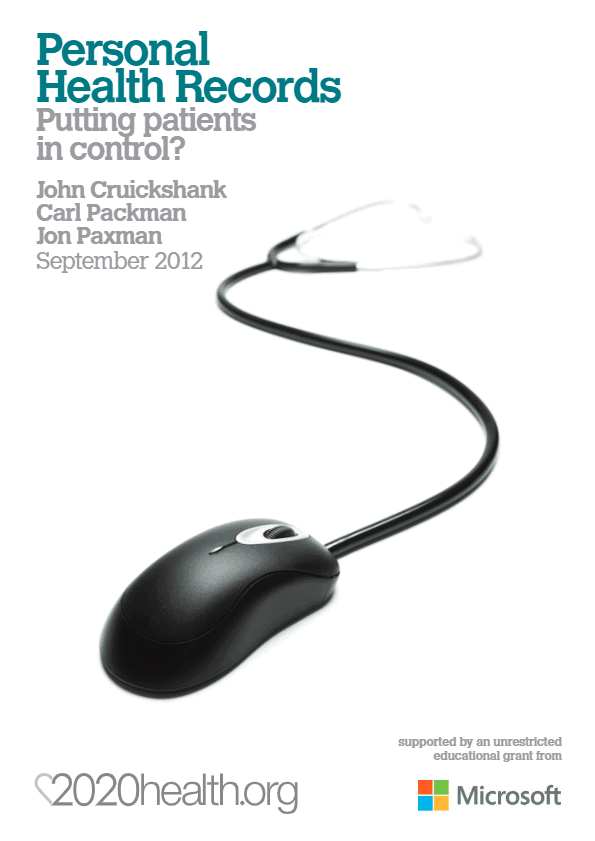Fat Chance? Exploring the evidence on who becomes obese
Dr Aaron Parkhurst
This project identifies ‘uncertainty’ as a habit-forming structure that undermines the individual’s ability to manage sustainable health. In conclusion, we argue that there are macro and micro-political implications for future policy research that aims to address the increasing rates of obese and over-weight people in the UK. In addition to targeted programmes that address specific risk factors for high BMI, we suggest that more research is needed to identify a holistic approach to the complexity of obesity in the country. Given the strong heterogeneity in obesity profiles in the UK, we suggest that healthcare interventions will need to move beyond one-size-fits-all models in recognition of the lived experience of the individual and in order to ‘make health personal’.
“We all need to play our part, and we hope that this study will serve as a valuable contribution to the evidence base on obesity to inform intelligent health interventions and workable solutions. We have now reached crisis point, and we call on the Government to facilitate COBRA-style emergency meetings on obesity and nutrition. Successive politicians have not come anywhere near to a successful, holistic plan that will tackle the obesity crisis, which is weighing down the NHS, economy and welfare state.”
Julia Manning, Chief Executive, 2020health
Key findings and perspectives on the complexity of what is driving obesity UK include:
- Evidence that links lower socio-economic groups to obesity remains overwhelming, but what has emerged is that obesity rates are now rising rapidly amongst other groups who are experiencing social instability in their lives.
- Both upwardly and downwardly mobile groups are correlated with higher rates of obesity than the stable rich or poor; uncertainty seems to be a significant factor for weight gain.
- Gender is also key in understanding the trends in obesity, and so should be factored into future health policy interventions. Previously women were deemed more likely to be obese than men, but obesity rates are now increasing amongst men, especially the middle-aged.
- Analysing obesity in relation to gender and socio-economic factors alone ignores the wider impacts of people’s local environment on obesity rates.
- The prevalence of fast food outlets near working environment has a significant impact on the BMI of men, whilst the lack of green space in a local environment has an impact on obesity rates in girls in particular.
- Half of all people suffering with psychosis are obese.
- Parental obesity, especially in mothers, is a far more predictive factor than ethnicity.
This report was funded by an unrestricted educational grant from AB Sugar. All content, conclusions and views are those of the authors alone. All facts have been cross-checked for accuracy as far as possible.



